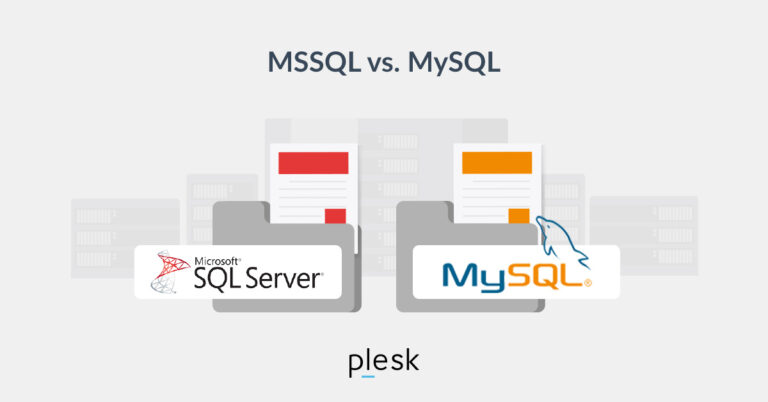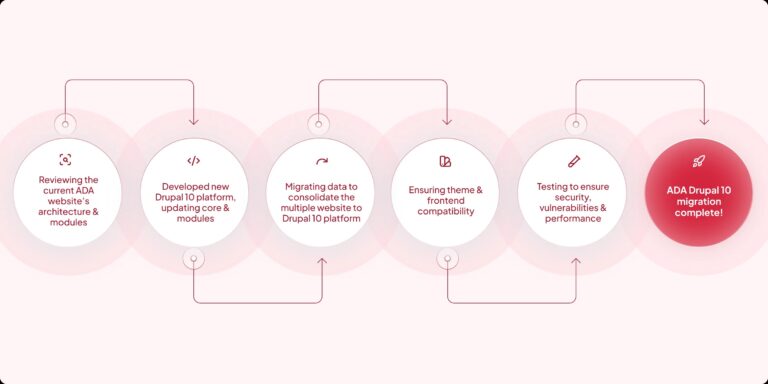
Again, it can depend on the format, but in most styles the correct way to cite a work is Author last name, Author first name, Title, Publisher, Publication year.
5. Make sure all citations have a corresponding reference list entry
2. Be mindful of how you use periods.
Now, if you’re not skilled in citing references on the regular, you may be wondering if there’s a correct way or a preset format to do so. Here are some best practices for citations and source references:
3. Author, Work, Publisher, Year
For works by a group of authors, either give all of their names or the first name that is cited in the referenced book itself, followed by et al.
If you use the Citations plugin we discussed earlier, all citations will appear in the reference list automatically. Still, check the list before publishing the post to make sure everything is in place.
Periods can be tricky in citations. When using parenthetical citations, we’re often unsure whether the period goes inside the parenthesis, or outside, or perhaps even in both places. While there’s no single rule of thumb here, the period goes outside the parenthesis in all the most widely used style formats.
Citations are a way to let readers know you’ve used outside sources of information in your research or other content. Correctly attributing information is not only the right thing to do but it’s also obligatory in academic and professional settings.
Best Practices for Citations and References
If you’re referencing a paper or work published online, use the same sequence of credit (last name, first name etc) and include a valid URL that leads directly to the paper. Test the URL to make sure it’s valid and make sure it’s not an affiliate link or a link with UTMs.
When it comes to the format, there are several standard formats you can use, like MLA, Chicago Style or APA. It’s important that once you choose a format for your content, you should stick to it and use it throughout the text. If you’re not sure which format to choose, consult your syllabus, writing guidelines or styleguides provided by the entity you’re writing for (university, research facility, company, etc). If it’s just your personal blog you’re writing for, select one of the most widely styles and stay consistent with it.
Plus, citations provide hard evidence of what you’re stating in your text. So, even if you’re working on a text that’s not a research paper per se, it’s still recommended to reference sources in order to maintain the professional and trustworthy effect of your content.




